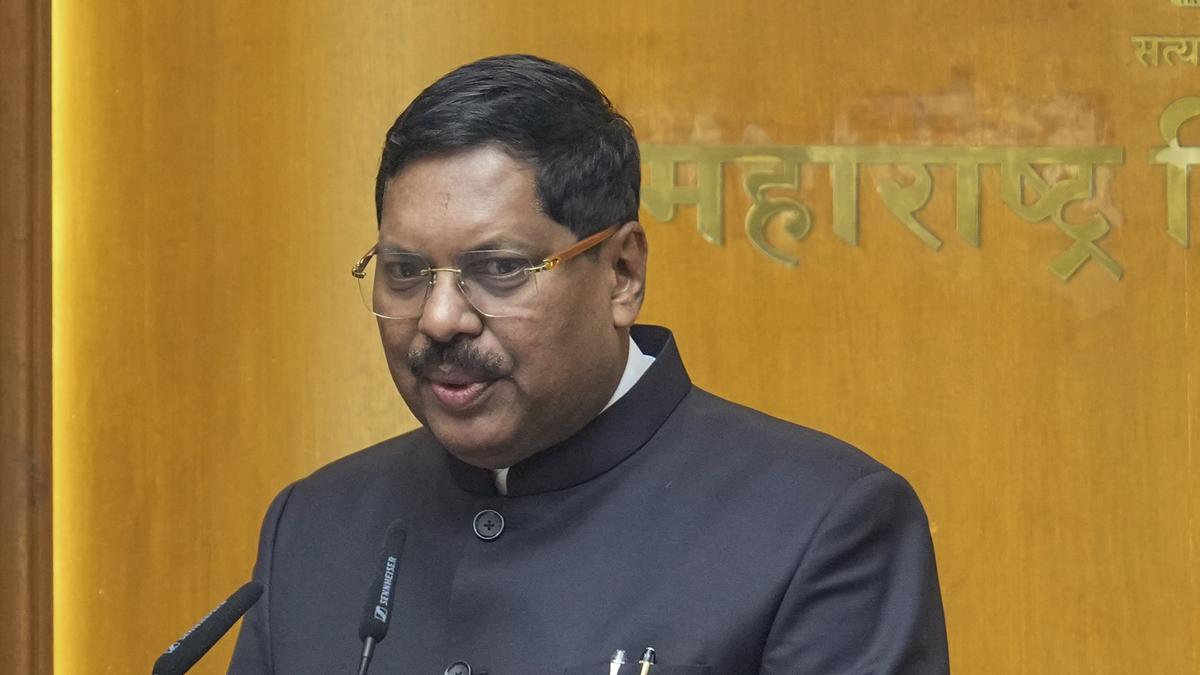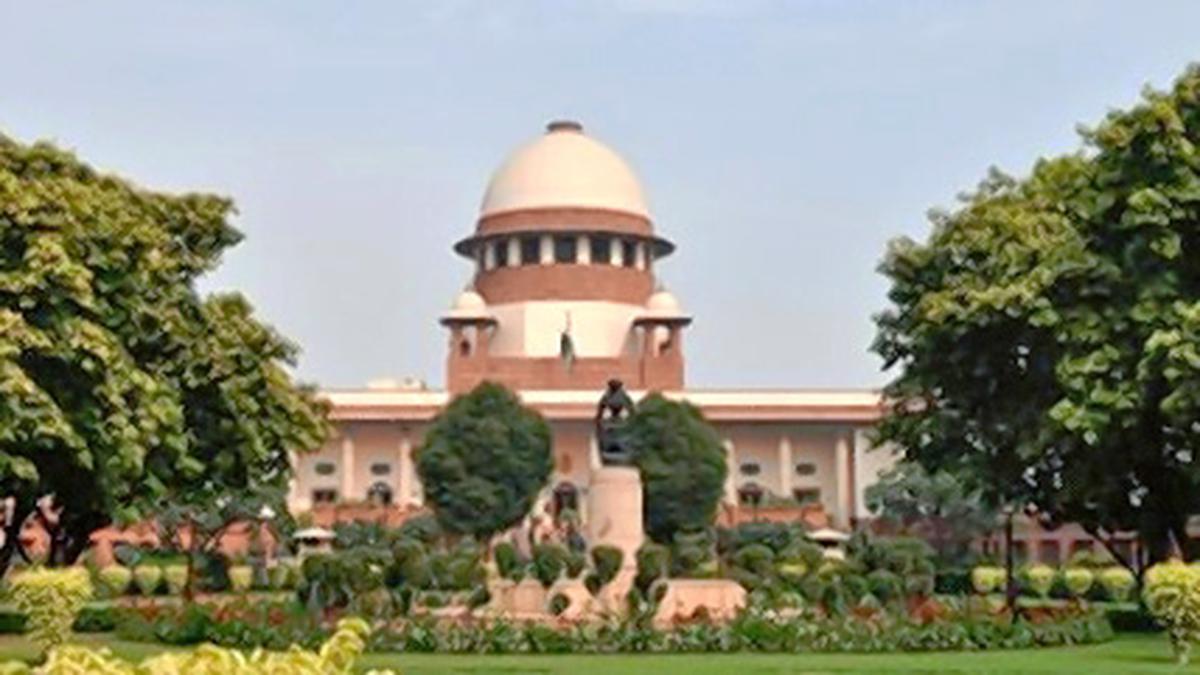Now Reading: SC Begins Hearing on Presidential Reference: Five-Judge Bench Led by CJI Gavai
-
01
SC Begins Hearing on Presidential Reference: Five-Judge Bench Led by CJI Gavai
SC Begins Hearing on Presidential Reference: Five-Judge Bench Led by CJI Gavai

Quick Summary
- The Supreme Court is hearing a Presidential Reference concerning the timeframes for Governors and the President to act on State Bills submitted for assent.
- A five-judge Constitution Bench led by Chief Justice B.R.Gavai, along with justices surya Kant, Vikram Nath, P.S. Narasimha, and Atul Chandurkar will deliberate on whether judicial timelines can be imposed under Article 201.
- President droupadi Murmu invoked the court’s advisory jurisdiction under Article 143 to clarify if binding guidelines can regulate conduct regarding State legislation approvals.
- Tamil Nadu and Kerala termed the Reference “misleading” and requested its return as an “appeal in disguise.”
- Senior Advocate K.K. Venugopal emphasized first addressing its maintainability; written submissions are expected from all parties by August 12.
- Chief Justice Gavai indicated that timelines for proceedings in this matter will be set soon.
Indian Opinion Analysis
The Presidential Reference raises critical constitutional questions about executive accountability vis-à-vis legislative processes at a state level. This issue transcends regional boundaries as it deals with the essential balance between legislature and executive powers under India’s federal system. While Tamil Nadu and kerala view it skeptically as needless judicial interference, this proceeding allows potential clarity on procedures governing assent withholding or delays impacting governance.
Legal implications could redefine how timely decisions influence legislative actions across state governments, fostering better integration between constitutional roles. As a politically neutral endeavor seeking to streamline constitutional practices, this case underscores India’s ongoing evolution in intergovernmental relations while maintaining adherence to democratic principles.























